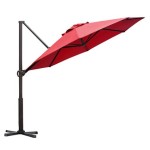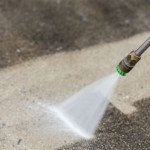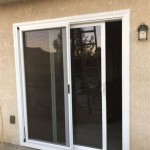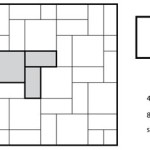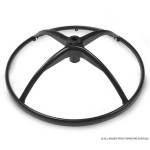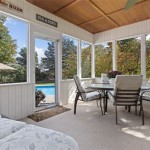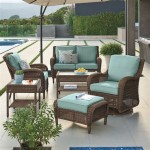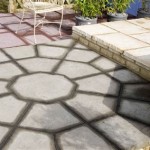Mid-Century Modern Patio Furniture: A Timeless Guide
Vintage mid-century modern outdoor furniture embodies the essence of post-World War II design, characterized by its clean lines, organic shapes, and vibrant colors. Whether you're an avid collector or simply appreciate timeless design, understanding the essential aspects of this enduring style can elevate your outdoor living space.
Materials: Durability and Versatility
Mid-century patio furniture embraced a wide range of materials, each offering unique advantages. Teak, with its inherent water resistance and rich golden hue, was a popular choice. Wrought iron, known for its durability and intricate details, added a touch of elegance. Aluminum, lightweight and corrosion-resistant, allowed for sleek and modern designs. Woven materials, such as wicker or rattan, provided a comfortable and natural aesthetic.
Design: Organic and Minimalist
Mid-century designers sought inspiration from nature, incorporating organic shapes and fluid lines into their pieces. Soft curves and rounded edges replaced the sharp angles and geometric forms of earlier design eras. Minimalism played a significant role, with emphasis on simplicity, clean lines, and functionality. Emphasis was placed on functionality and comfort, with pieces often designed for both indoor and outdoor use.
Colors: Vibrant and Earthy
The vibrancy and optimism of the post-war era were reflected in the colors of mid-century patio furniture. Bold hues, such as emerald green, cobalt blue, and mustard yellow, added a cheerful touch to outdoor spaces. Earthy tones, including shades of brown, beige, and olive, provided a more subdued and sophisticated look. Metal frames in shades of black, white, or gold added a touch of sophistication.
Space-Saving Solutions: Practicality and Style
Practicality was an essential consideration in mid-century modern design. Folding chairs, stackable tables, and modular seating allowed homeowners to maximize space in smaller outdoor areas. Nesting tables provided versatile functionality, creating additional surface space when needed and compact storage when not. The use of lightweight materials further enhanced mobility and flexibility.
Restoration and Maintenance: Preserving Authenticity
Restoring vintage mid-century patio furniture requires attention to detail and an understanding of original materials and construction techniques. Experienced restorers can preserve the authenticity of pieces by carefully repairing or replacing damaged elements. Proper maintenance, including regular cleaning and protection from the elements, ensures the longevity of your furniture and its timeless appeal.

Mad For Mid Century Modern Patio Furniture Mod

10 Easy Pieces Tile Coffee Tables Gardenista Sourcebook For Outdoor Living Mid Century Modern Patio Furniture

Vintage Pattern Warehouse Patio Furniture Outdoor

Lounge Time Mid Mod Patio Furniture Picks Atomic Ranch

Mid Century Modern Vintage Four Willow Lounge Patio Chairs 1950s Austria For At 1stdibs Outdoor Furniture

Mad For Mid Century August 2024 Vintage Patio Furniture Modern

Lounge Time Mid Mod Patio Furniture Picks Atomic Ranch

Vintage Patio Furniture Is It Really For You Decorifusta Mid Century Outdoor

58 Mid Century Modern Furniture Selections To Help You Recapture The Era

Homecrest Mid Century Modern Patio Set A Sofa Glider 2

